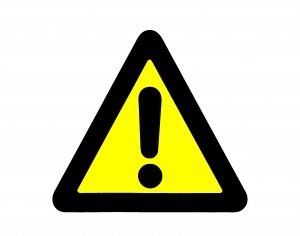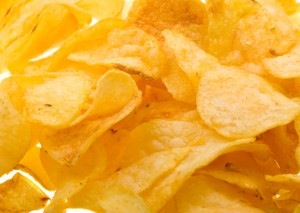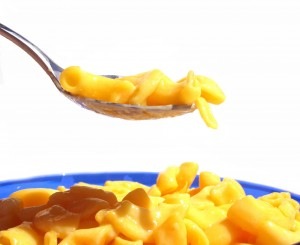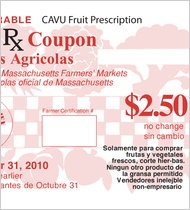You arrive for an early morning meeting. Front and center is a platter loaded with bagels, danish, and doughnuts just waiting to be eaten –and to be washed down by copious amounts of coffee. For so many this is the early morning pick-me up – and the beginning of a blood sugar roller coaster ride.
If you didn’t have time to grab some, have no fear – if all the platters aren’t picked clean the remnants will surely end up in the snack room next to the birthday cake (it’s always somebody’s birthday) or the leftover cookies from someone’s party the night before.
Perhaps you shop at Costco on the weekend. At least three tables will be manned by someone offering you samples of hot pizza, luscious cheesecake, or tooth-picked pigs ‘n blankets just waiting to be quickly and neatly popped into your mouth.
Maybe you then make a stop at the cleaners, the tailors, the veterinarians, or the hair salon. There it is – the giant bowl piled high with freebie candy. You can dig deep for the kind you like – Reese’s Peanut Butter cups, mini Snickers, or Tootsie Roll pops. You name it — it’s usually there for the taking.
Going to a wedding that night? How do you escape the platters of salami, cheese, mini quiches, and then the desserts covered with icing, whipped cream, and powdered sugar?
What’s The Problem With Free Food?
Nothing if you don’t care about calories, how nutritious your food is, and how you are going to feel after indulging on an overload of sugar, fat, and salt. I do know many “starving” students who have fed themselves on free food. The question is: did they ultimately benefit from the hit to their bellies with no impact on their wallets?
Occasional dips into free food are probably not going to really hurt anyone in reasonable health. But, on a consistent basis there is certainly a downside to your health. There could me a more immediate concern, too. A whole bunch of non-nutritious (junk, processed, and high calorie) food eaten right before a time when intense concentration and focus is necessary (translation: exams and presentations) could certainly have a negative impact.
Most of us find it pretty darn hard to ignore “free food,” the food that’s just there for the taking. It’s everywhere – and we have become accustomed to valuing cheap calories. Think about it: when was the last time that you resisted the peanuts, pretzels, or popcorn sitting on the bar counter? What about the breadbasket – that’s usually free, too.
We don’t have to eat any of this stuff. But we do. Why? Some of us have trouble passing up a giveaway – even if it might be cheap, processed food. Some of us see it as a way to save money – even with possible negative health consequences. And a lot of us use “free” as an excuse to eat or overeat junk food or the sweet, salty, fatty foods that some call addicting.
And what about those calories? Just because it’s free doesn’t mean the calories are, too. It’s all too easy to forget about those calories you popped in your mouth as you snagged a candy here and tasted a cookie there. Yikes. You could eat a day’s worth of calories cruising through a couple of markets and food stores.
Things To Think About Before The Freebies Land In Your Mouth
You might want to come up with your own mental checklist that, with practice, will help you evaluate whether or not it’s worth it to you to indulge. If you decide to taste the salami and have a cookie and a piece of cake, at least you will have made a mindful decision with consideration of the consequences rather than mindlessly indulging. Ask yourself:
- Is it fresh, tasty, healthy food? It might be if you’re at a wedding or an event, it’s probably not it it’s being handed out at the supermarket or sitting in a large bowl at the cleaners.
- Is it clean? Think about this – how many fingers have been in the bowl of peanuts or have grabbed pieces of cheese or bunches of cookies off of an open platter?
- Do you really want it – or are you eating it just because it’s there?
- Is it loaded with fat, sugar, and salt adding up to mega calories that significantly impact your daily caloric allowance? Every calorie counts whether it’s popped in your mouth and gone in the blink of an eye or savored more slowly and eaten with utensils off of a plate.
- If you fill up with the non-nutritious free food, are you skimping on the good nutritious stuff later on because you are simply too full to eat it?
- If you eat some free food, does it open the flood gates so that you continue to indulge? Loading up on simple sugars – the kind found in candy, cookies, cake, and many processed foods – causes your blood sugar level to spike and then to drop – soon leaving you hungry once again, and pretty darn cranky, too.
You Do Have Choices
You don’t have to eat food because it’s free. No one is forcing you to make some more room on the platter. Beware of the cascading effect. If you allow yourself to sample the candy, pizza, cheesecake, popcorn, or pieces of cookie, are you giving yourself permission (perhaps in disguise) to overindulge in food you might not ordinarily eat? If cost is an issue, there are many ways to find and cook nutritious food at a lower cost. If you plan to indulge make sure you do it mindfully, not mindlessly: build it in. Eat a lighter lunch and don’t go shopping or to an event when you’re starving. That’s almost a certain ticket to chowing down on almost everything in sight.




